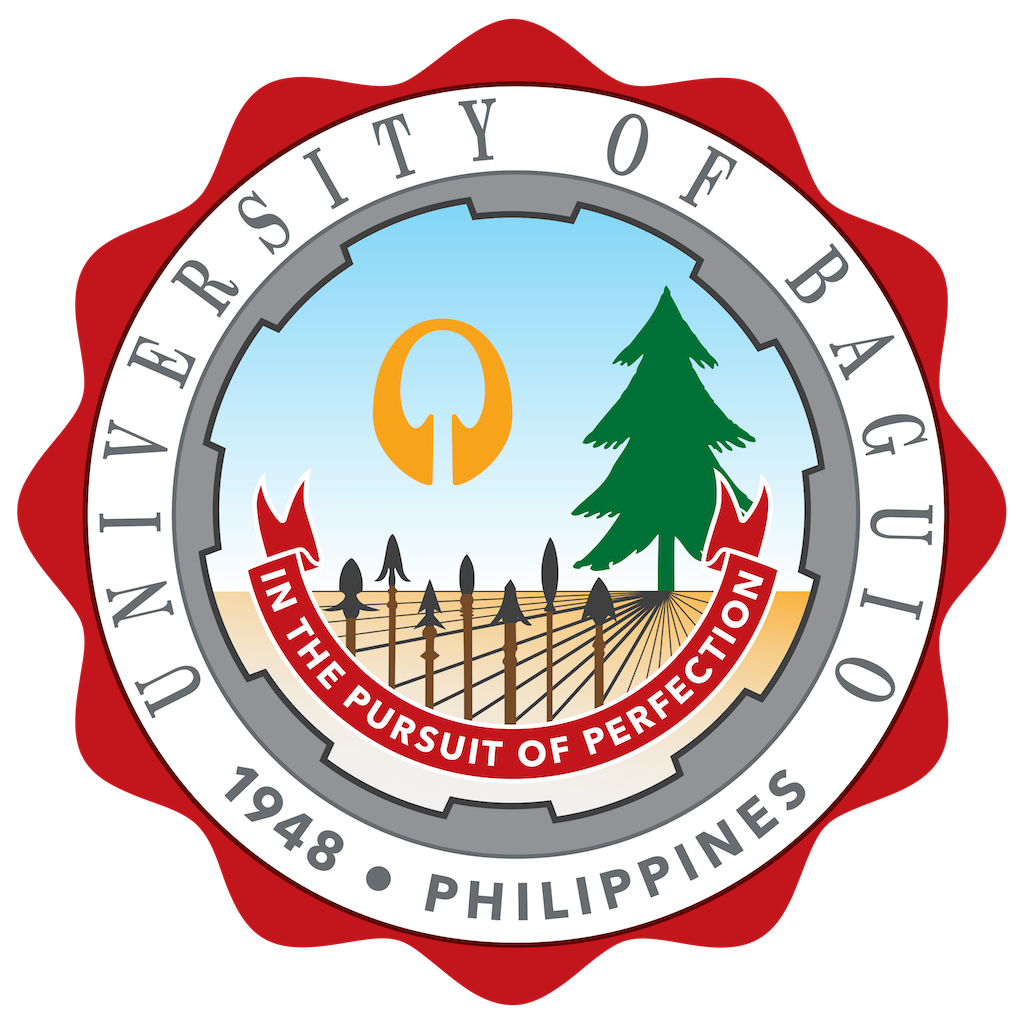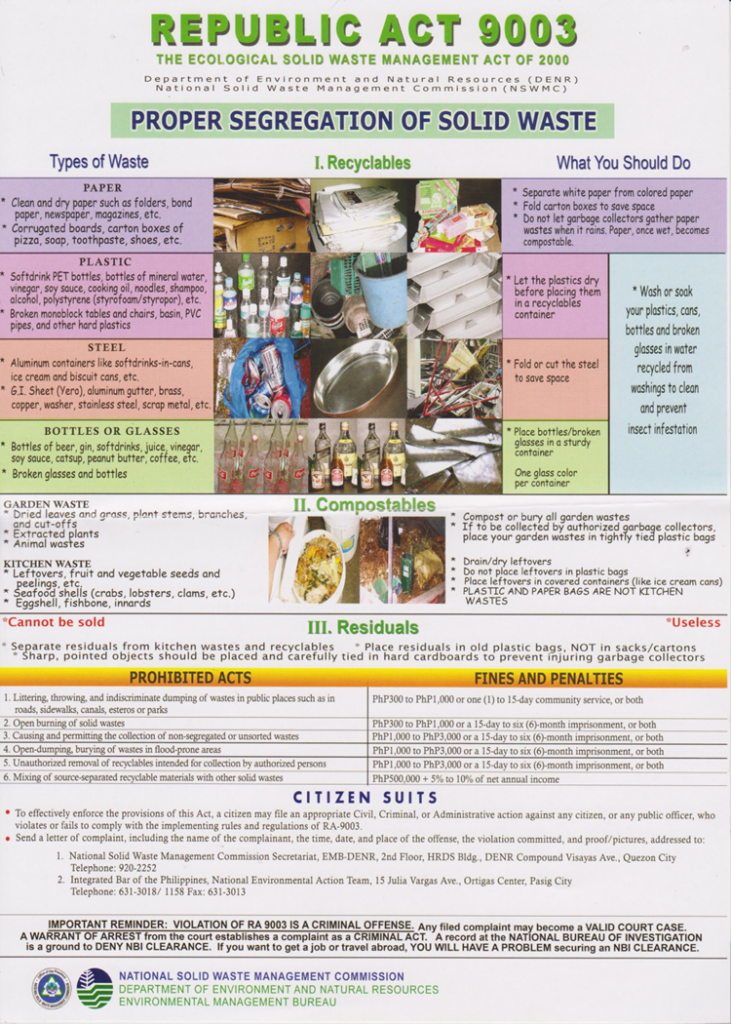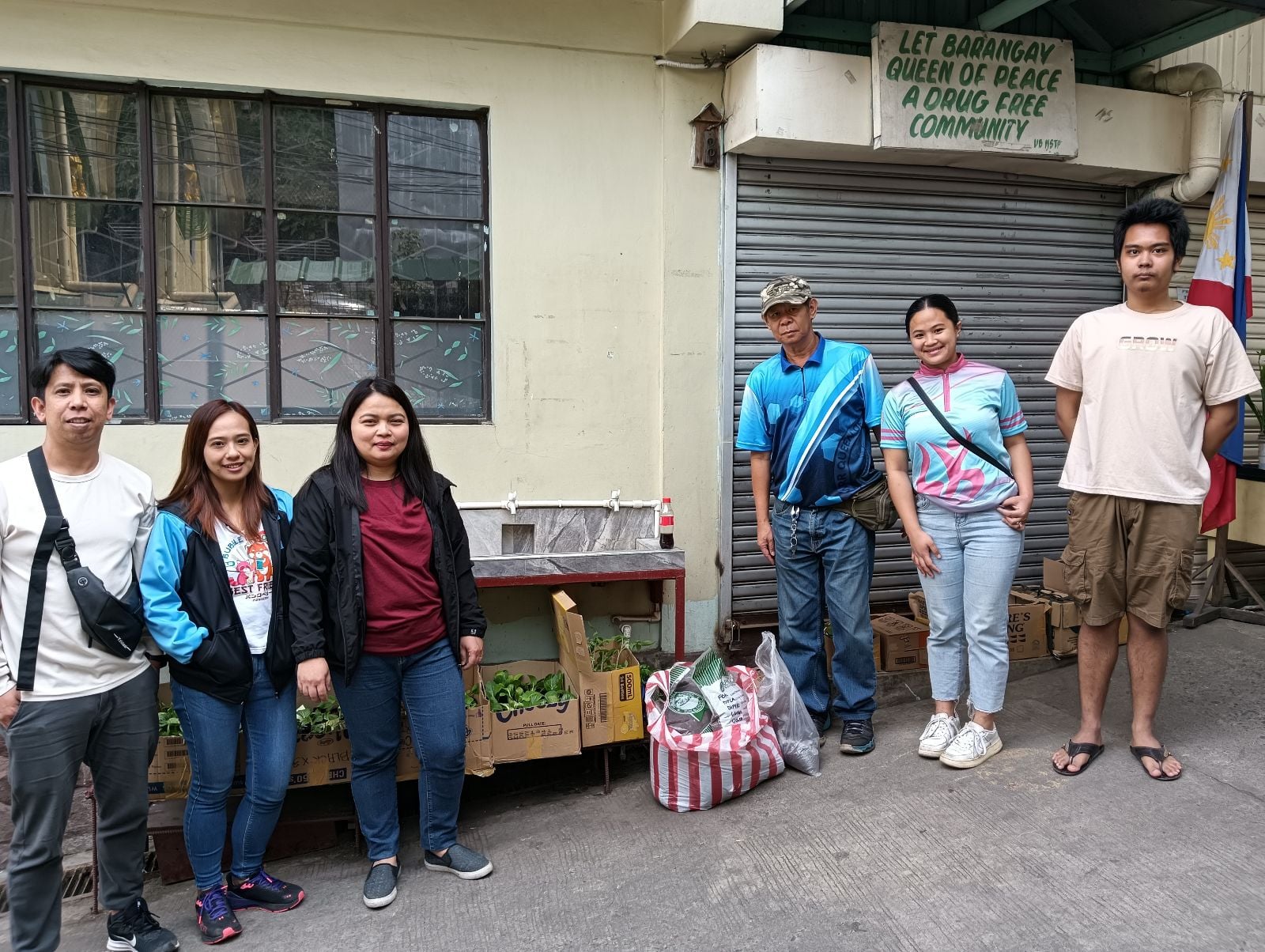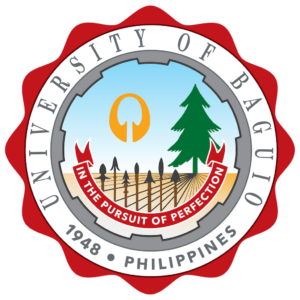The University of Baguio’s dedication to environmental protection maximises natural resource preservation and minimises environmental harm through an efficient waste management system that recycles and reuses waste products
In order to create a safe, secure, and environmentally friendly workplace for university staff, students, volunteers, visitors, and clients, this program aims to adopt systematic and thorough guidelines to ensure solid waste is managed in a way that protects both public health and the environment. Utilizes an efficient waste management system that recycles and reuses waste products whenever it is practical to maximize resource conservation and reduce environmental harm.
Responsible Solid Waste Management Republic Act No. 9003, also known as the “Ecological Solid Waste Management Act of 2000,” declares that the State would undertake a systematic, all-encompassing, and ecological solid waste management program that will ensure the protection of the environment and public health. With this, University of Baguio views responsible ecological solid waste management as essential to reducing its environmental footprints.

In compliance with the Solid Waste Management Act, the Campus Planning and Development Office has distributed color-coded trash bins across the university: Green for compostables, Black for non-recyclables, Blue for recyclables, and Yellow for hazardous waste.
The solid wastes are collected every afternoon by the University General Service Personnel and is disposed in the University Materials Recovery Facility then it is collected by everyday by the city’s General Services Office.
The segregation of trash like this, not only relieves the General Services Personnel of having to segregate trash it also helps the students and employees of the University to be aware of the differences of the trash thus practicing the segregation in their respective homes or surroundings. This practice accomplishes SDG 12: Responsible Consumption’s target 12.6 to “Encourage companies, especially large and transnational companies, to adopt sustainable practices and to integrate sustainability information into their reporting cycle.”






